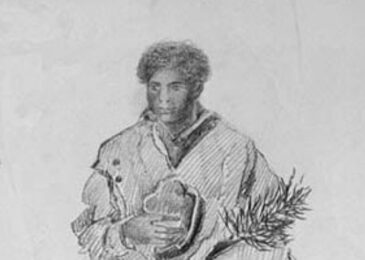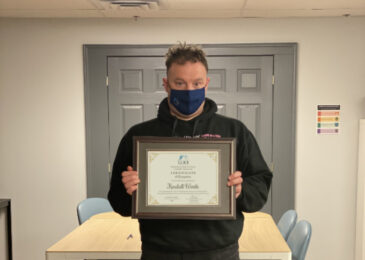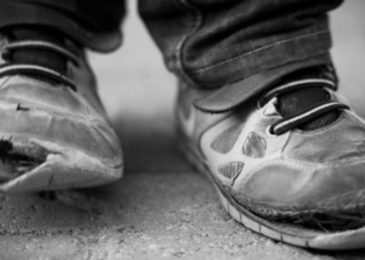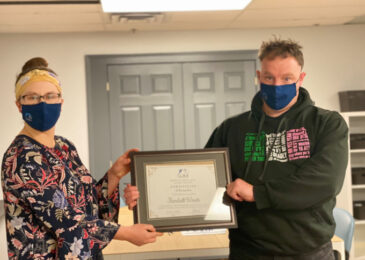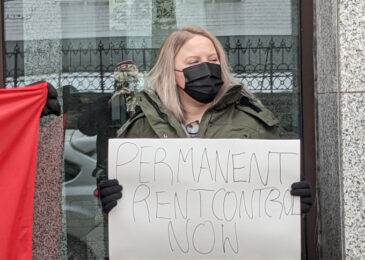Press release: Community groups demand Iain Rankin rescind McNeil’s $5 million corporate giveaway
Press release: A coalition of community organizations are demanding that the new premier rescind the $5 million “investment” that Stephen McNeil announced for Sandpiper Ventures on February 5, 2021, and invest that money towards increasing capacity at women’s shelters and improving the affordability of childcare in the province.






